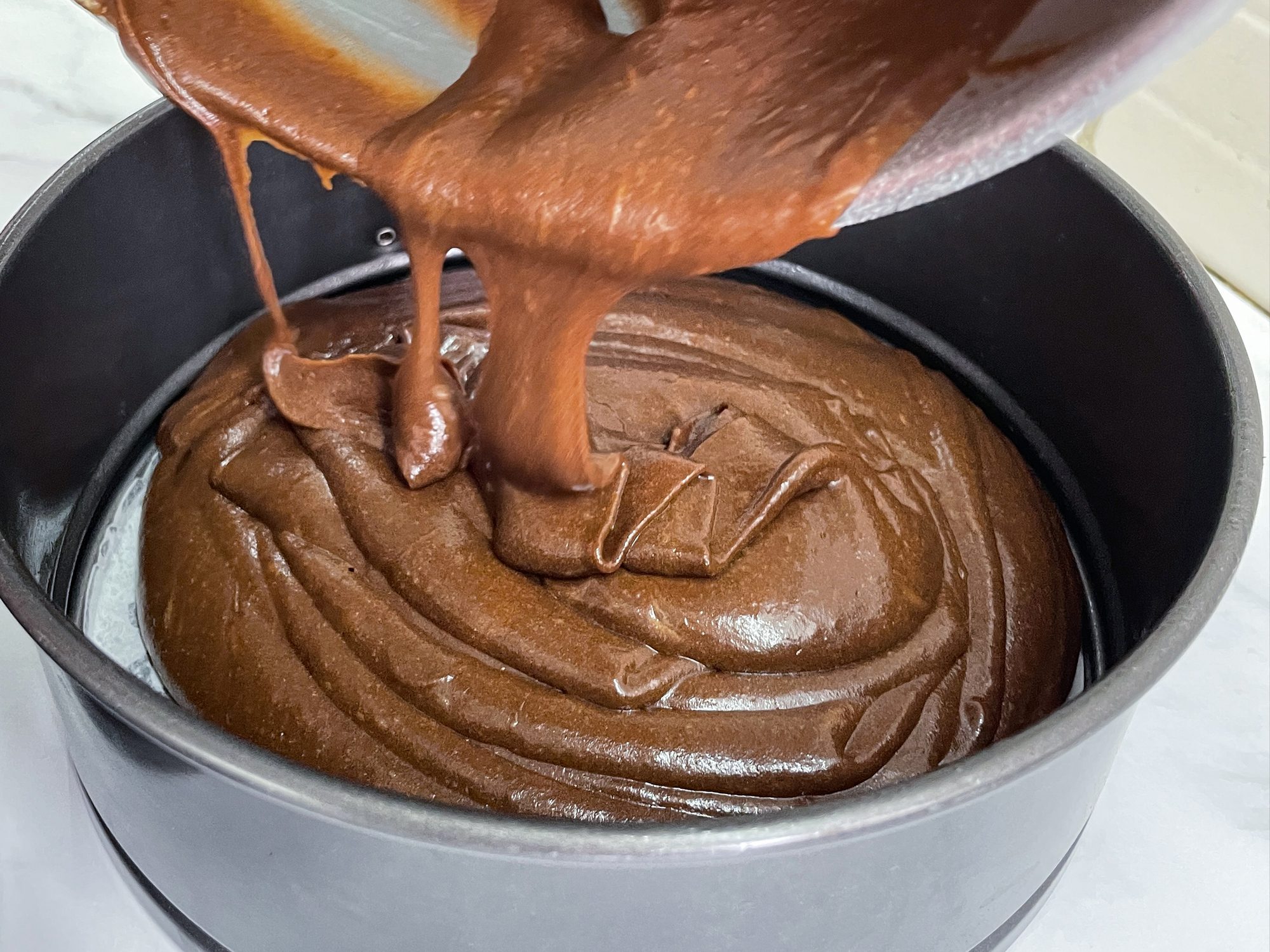;)
Experts warn: in some cases raw flour may be dangerous, due to bacteria that survive in a state of dehydration for months and then reactivate in contact with water!
Everybody has at least once tasted the raw dough of biscuits, sweets, pies, etc. Often we only worry about the presence of uncooked eggs and therefore potentially dangerous for the transmission of Salmonella, but the experts warn that there are risks also due to raw flour.
According to a study, published in The New England Journal of Medicine, it seems that even flour in some cases may prove dangerous. Reference is made to an epidemic of Escherichia coli (E. coli) which struck 56 people in 24 US states last summer, leading to a recall of tons of flour.

The seemingly harmless basic food of many doughs of common recipes can in fact theoretically host their own strains of E. coli bacteria. This microorganism often lives and proliferates in humid environments such as meat or green leafy vegetables packaged in bags but manages to thrive even in dry environments. These bacteria can manage to survive in a state of dehydration for months and then reactivate in contact with water.
And you do not even need large quantities to get sick, even a small taste of flour or other contaminated food may suffice. As stated by Samuel J. Crowe, lead author of the study and epidemiologist of the division of food, waterborne and environmental diseases at the Centers for Disease Control and Prevention (CDC):
"Bacteria are not evenly distributed in a sack of flour. A small amount could really hurt you. I had E. Coli and salmonella and it's damn unpleasant”.

Because of the concerns of eating raw eggs, many people avoid tasting doughs that contain them but often, experts warn, they underestimate the potential risks of flour.
In the case of E. Coli, in fact, people may be struggling with bloody diarrhea, vomiting, dehydration and risk of developing hemolytic uremic syndrome (HUS), a specific type of renal failure, more common in children under 5 years of age, elderly people and subjects with weak immune systems.

In addition to refraining from tasting dough with raw flour, experts advise people to wash their hands with warm water and soap immediately after handling the flour or using a rolling pin. No risk, however, for the final product: a prolonged cooking at high temperatures will kill all pathogens that may be present.
Then do not forget these recommendations the next time you want to lick the spoon or taste the dough you are preparing.
;Resize,width=712;)


;Resize,width=767;)
